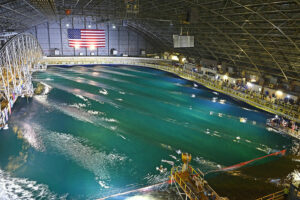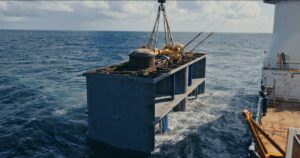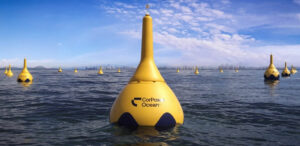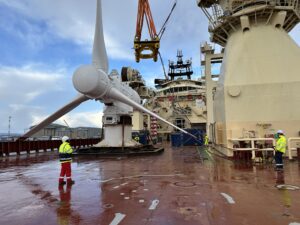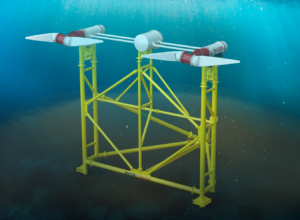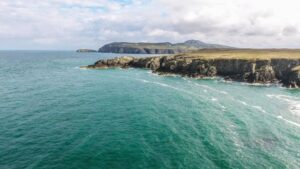OES reports on marine renewables permitting know-how
Ocean Energy Systems (OES) has published a paper that describes the state of knowledge that drives permitting processes for the marine renewable energy (MRE) industry and its effects on the development of sector.
This paper attempts to summarize the current status of environmental effects knowledge in most of the OES collaboration program nations, and suggest pathways for moving the industry forward through efficient consenting processes.
As wave and tidal devices continue to be deployed for demonstration, testing, and pilot projects, and the earliest commercial arrays are being developed – regulators around the world are requiring that a significant amount of data be collected to determine the effects of devices and systems on marine animals, habitats, and ecosystems.
Based on the current level of understanding of the interactions of wave or tidal devices with the marine environment, the risks for deployment and operation of single devices appear to be very low, it is stated in the report.
Very small arrays of wave devices may also present low risks, the report finds.
However, the remaining uncertainties associated with commercial arrays will require investigation as the larger arrays come online.
The risks from wave and tidal devices differ somewhat and need to be addressed separately, the report notes. Also, the regulatory requirements were found to be high and may not always target the most useful information.
As the MRE industry moves toward deployment and operation of larger arrays at the commercial scale, assuring that this emerging low-carbon energy source can expand and add to global energy sources without causing unacceptable harm to the marine environment will require sharing of all the collected information, and application of data collected from one location to another.
Also, additional monitoring and validation of numerical models has been identified as one of the requirements, along with the development of strategic research programs at regional, national, and international levels, adaptive management strategies, and the international and national government assistance.
OES, also known as the Technology Collaboration Program on Ocean Energy Systems, is an intergovernmental collaboration between countries operating under a framework established by the International Energy Agency, with the aim to advance research, development and demonstration of conversion technologies that harness energy from all forms of ocean renewable resources.

